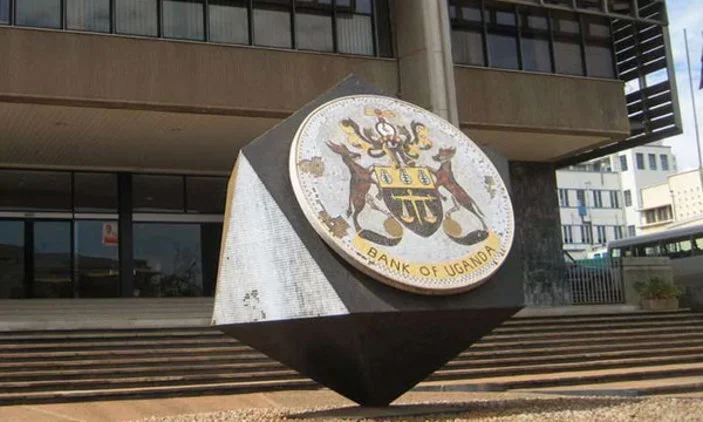Uganda has taken a significant step in safeguarding its financial sector against unforeseen global shocks by introducing stricter regulations on capital infusion for financial institutions. However, these new rules have sparked concerns among investors who find the increased standards burdensome.
The Ministry of Finance in Uganda has begun implementing laws that require commercial banks to hold at least $40.7 million (Ksh5.8 billion) in capital, a substantial increase from the previous $6.8 million (Ksh969.74 million) requirement.
These regulations were born out of discussions that started during the height of the COVID-19 pandemic in 2021, aiming to enhance the resilience of financial actors amidst economic challenges linked to the Russia-Ukraine war.

Unfortunately, the new regulations have been met with pessimism among investors and lenders, hindering access to substantial capital from the markets. In 2022, several economic sectors in Uganda experienced single-digit growth rates, underscoring the potential spillover consequences of significant geopolitical events.
In response to the stricter regulations, some banks have scaled back their operations, with Guaranty Trust Bank Uganda Ltd transforming from a commercial bank to a credit institution. The fate of other smaller banks remains uncertain as they grapple with compliance with the new capital adequacy framework.
Commercial banks are required to increase their minimum capital levels to $32.5 million (Ksh4.6 billion) by the end of December 2023, and this figure is expected to rise further to $40.7 million (Ksh5.8 billion) by December 2024, as outlined by the Bank of Uganda (BoU).
Read Also: Kenya And Uganda Railway Project to Boost Trade
Additionally, credit institutions, commonly known as tier-2 financial institutions, will also face increased minimum capital requirements, from $271,028 (Ksh38.65 million) to $6.8 million (Ksh969.74 million).
Forex bureaus will not be exempt either, needing to boost their capital levels from $13,551 (Ksh1.93 million) to $54,206 (Ksh7.73 million) following changes to the Foreign Exchange Act of 2004.
While these stricter regulations aim to bolster Uganda’s financial sector, striking a balance between safeguarding against risks and encouraging investment remains a challenge.
The government and financial specialists must navigate these waters carefully to ensure economic stability and growth in the face of global uncertainties.
















